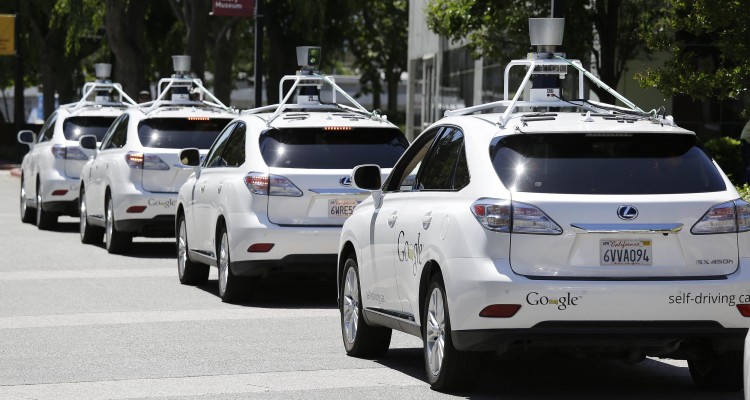Self driving cars: bringers of utopia or useless endeavor?
By Omar C.
Autonomous vehicles are sometimes presented as the ultimate solution to all of our transportation needs, championed by environmental groups and tech companies, the self driving car would appear to be the key to an attainable road utopia.
And yet, even with such a wave of hype, there are some who question the environmental benefits of autonomous motorcars, specifically personal automobiles.
Picture a company employee on their daily commute, riding aboard the company car, typing furiously a report due in two hours, while the automobile navigates through traffic, cruising steadily on the highway, and arriving safely at the destination, while the zealous employee puts away the laptop in a neoprene bag, gets out of the car at the door, and the automobile proceeds to park itself, while our metaphorical worker rushes upstairs towards a cubicle.
In our aforementioned scenario, it all seems well, the worker has more time to compensate for the time spent procrastinating, and finally, gets the
reports done on the way to the office. There is no apparent flaw in the routine described.
And that observation would be right, as long as we’re only considering one person, but once we start to scale it up, things are tainted by the crushing reality of the sheer vehicle quantity should average car owners trade their current automobiles for self driving cars.
Are personal, privately owned self driving automobiles viable?
Put simply, the infrastructure for maintaining, storing, and manufacturing autonomous cars as we produce normal automobiles today would be catastrophic, as a privately owned, personal vehicle, the self driving automobile is neither sustainable nor viable.
It goes without saying that from the standpoint of a car enthusiast, there is little to no purpose in developing self driving motor vehicles.
With the exception of public transport units such as coaches or buses, autonomous motorcars are perhaps not the solution to our traffic and parking space troubles.
Do autonomous vehicles have a place in the roads of tomorrow?
If there is a niche where autonomous motor vehicles may thrive, it’s in the public transport sector. And not just the large scale bus networks could benefit from autonomous driving technology; cab and taxi services could be partly or fully automated. Although the autonomous taxicab could become a reality, it would render useless a whole industry and the workforce behind it.
The autonomous motorcar may seem to you what the Nintendo Virtual Boy was for its time, a promise tenfold more grandiose than its actual developmental potential. But the self driving vehicle has a myriad of possible uses that don’t concern the everyday car owner.
Company car fleets are, for example, an application in which self driving cars would reduce costs and damage to the environment. Referring to our earlier scenario about the employee finishing up their reports on the way to the office; consider, what if the company car not only transported one, but four people, providing an efficient and effective carpooling system, since no one is driving. Furthermore, the self driving cars could also be plug in hybrids, or include a CVT drivetrain.
Airport shuttles and other vehicles that never circulate on public road may incorporate self driving technology as well.
What does the future hold for human driven cars?
ALSO WE SUGGEST: The wonderfully wicked world of hypermiling and ecodriving
A future in which self driving automobiles help reduce environmental impact, and avoid hindering the commute of those who choose to drive, is certainly possible. The key to such a future is not perceiving autonomous vehicles as the end of driving, but as a way to improve efficiency and eliminate redundancies, leaving the roads clear for those who wish to enjoy some time behind the wheel.

